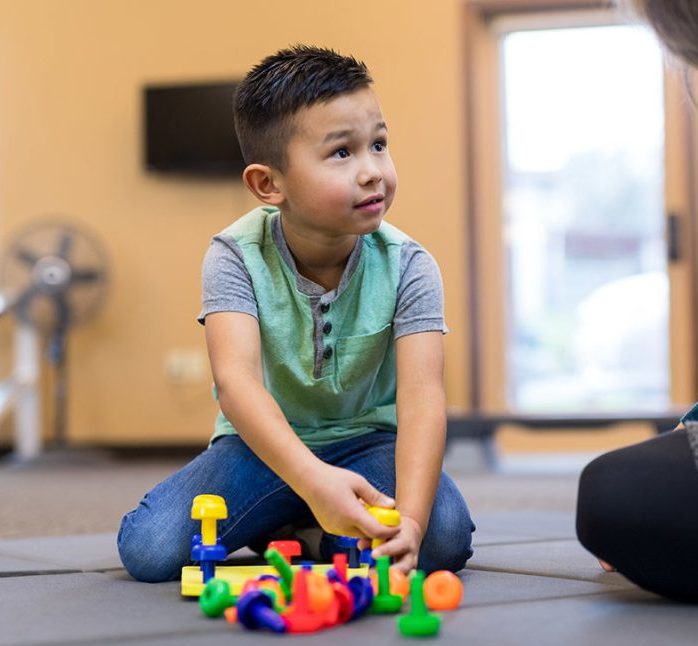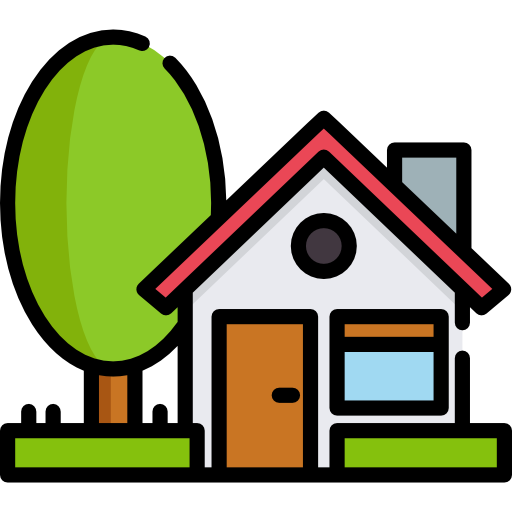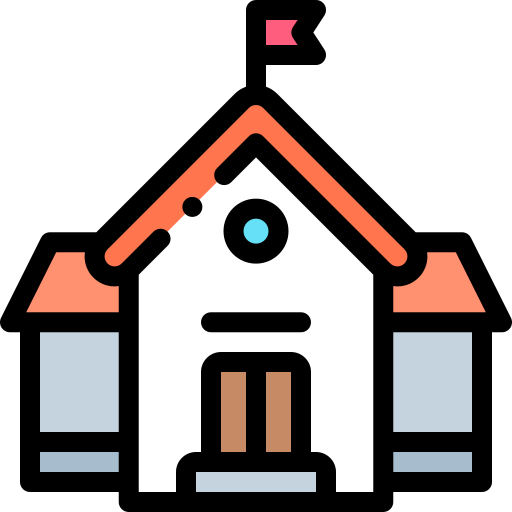applied behavior analysis
Cultivating Skills for life
ABA is proven to be an effective method in solving problem behaviors, teaching social skills, and providing everyday life skills to both neurotypical and children with special needs.
how it works
Applied behavior analysis (ABA) is best known for its success in treating individuals with:
- Autism Spectrum Disorder (ASD)
- Intellectual Disabilities
- Oppositional Defiant Disorder (ODD)
- Down Syndrome
- Attention-Deficit / Hyperactivity Disorder (ADHD)
- Other Developmental Disabilities
Treatment in these areas are effective across an individual’s lifespan (i.e., childhood, adolescence, adulthood). In young children with developmental disabilities the goal of intensive, comprehensive intervention is to improve cognitive, language, social, and self-help skills.

What we do

Home-Based
Therapy
Home-based ABA therapy provides a great way to teach skills that can be used at home. It is beneficial for teaching essential daily living skills, bedtime routines, and toilet training. This intervention also lends itself to the involvement of caregivers.

Community-Based
Therapy
Community-based ABA therapy addresses problem areas and develops skills across community settings such as churches, parks, and grocery stores to ensure that the progress each child shows during therapy continues when they’re out in the community.

School-Based
Therapy
School-based ABA therapy is typically provided in the classroom and provides opportunities for the individual to participate in a school environment with peers while receiving the support they need to effectively participate in classroom-based instruction.
